
Some of the poorest people in Brighton and Hove have collectively lost income totalling more than £10 million since changes to universal credit in the autumn.
The annual cost of the loss of income for about 30,000 Brighton and Hove families who receive the benefit is estimated to total about £30 million, councillors were told.
They now face soaring gas and electricity bills, higher petrol and diesel prices and rising food bills, made worse by Russia’s invasion of Ukraine.
Green councillor Alex Phillips proposed a motion to Brighton and Hove City Council’s Health and Wellbeing Board, saying:
“The bad news is that the situation appears to be worsening with the added anxiety of fluctuating oil and gas supplies resulting now from the travesty of war in Europe.”
It was, she said, “yet another reminder that our dependence on fossil fuels keeps plunging people into unpredictable uncertainty”.
Speaking at Hove Town Hall on Tuesday afternoon, Councillor Phillips said:
“This comes off the back of what has already been a disturbing backdrop.”
It followed the coronavirus pandemic of the past two years, she said, which had brought “incredible economic insecurity”.
She cited deaths, health fears, job losses and insecure employment, business closures, rising debt, school closures and the “huge impacts on mental health from the youngest of our citizens to the eldest”.
There was, she said, also “the disruption in the supply chain caused by Brexit’s impact on our HGV driver shortage which has affected the cost of essential food and goods”.
Councillor Phillips added:
“The government decided to cut the £20 a week uplift from universal credit while, of course, let’s not forget, simultaneously ending furlough and raising national insurance contributions – and didn’t I hear something about hiking up student loan repayments too?
“Sadly, of course, the fact remains that even without all of this happening, the welfare system of this country barely provides enough for people to live on in the first place. At least the uplift made it just one push closer to manageable.
“And, of course, let’s not forget the axe to the ‘Green Homes Grant’ scheme that could have worked towards insulating some of the coldest homes, possibly mitigating some of the terrifying rises in fuel costs.”
She said:
“In Brighton and Hove there are nearly 30,000 people claiming universal credit. That’s just over a whopping 10 per cent of our residents.
“The £20 a week uplift would therefore be worth nearly £31 million to claimants locally per annum.
“This makes no sense as 40 per cent on those on universal credit are working on painfully low wages.
“In reality, the damage this will cause will be felt the most by our children.”
More children would be plunged into poverty, she said, adding:
“We can’t do what residents needed years ago – warmer homes, better support and an actual long-term plan for the future – without action from ministers.”
She called for a report to a future meeting of the Health and Wellbeing Board to look at what the council and its partners were doing to help and what more could be done.
She added:
“The good news is that the council is mobilised, working hard across all teams and directorates to address the cost-of-living crisis, support vulnerable residents and promote the support available.
“Indeed, a leaflet has gone to every household detailing some of the support to date and we are planning more – we certainly haven’t waited to act by any means.”
Councillors noted the scrapping of the £20 universal credit uplift in early October while fuel bills had since soared.
They also noted “that the poor quality of this country’s housing stock makes it expensive to heat” and “the need for a scheme to replace the failed ‘Green Homes Grant’ and for tighter building regulations for new homes”.
They asked the council chief executive Geoff Raw to write to the government to ask for funding “to redress the universal credit cut and support council crisis funds” and “measures to end obstacles to retrofitting”.
The Secretary of State for Levelling Up, Housing and Communities is Michael Gove and the Minister for Levelling Up Communities is former Sussex University student Kemi Badenoch.


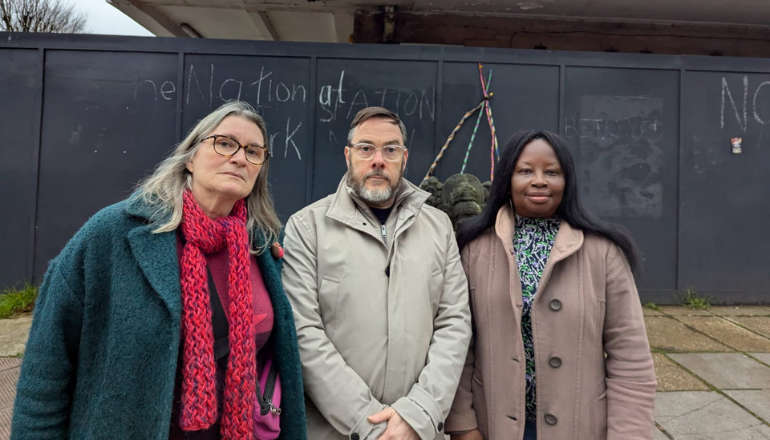 ‘A Kick In The Teeth For Lewes’: Lib Dem MP Expresses Disappointment Over Bus Station Loss
‘A Kick In The Teeth For Lewes’: Lib Dem MP Expresses Disappointment Over Bus Station Loss
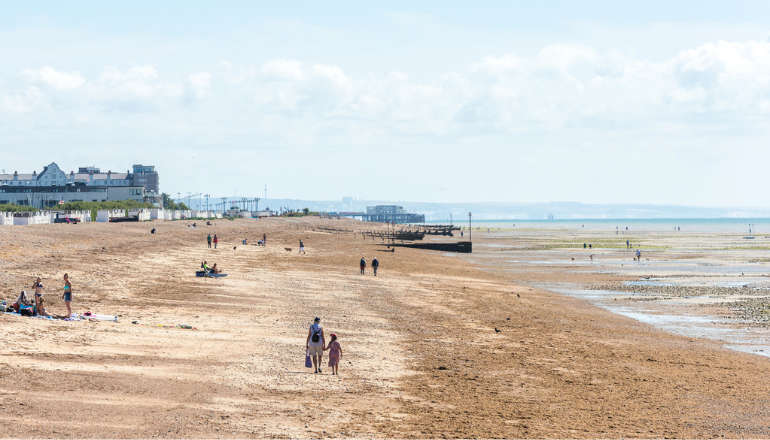 Results For Worthing’s Bathing Water Sites Revealed
Results For Worthing’s Bathing Water Sites Revealed
 £100,000 Robbery Of Bexhill Mobile Phone Store
£100,000 Robbery Of Bexhill Mobile Phone Store
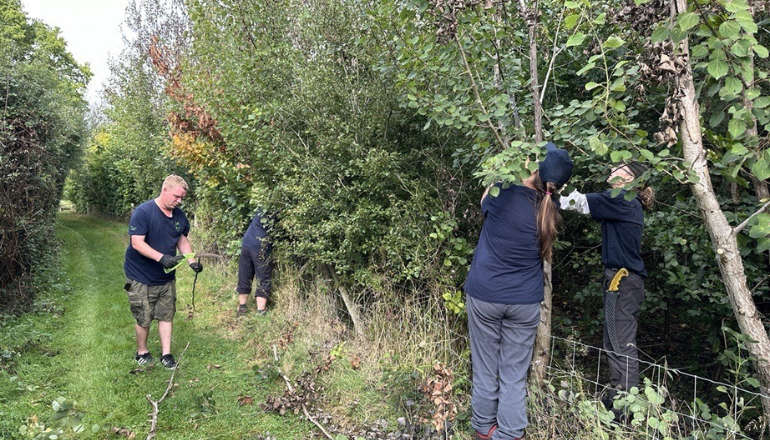 Organisations In Wealden Receive Funding To Help Tackle Inequalities In Physical Activity
Organisations In Wealden Receive Funding To Help Tackle Inequalities In Physical Activity
 Festive Children’s Stories Brought To Life With Interactive Story Session
Festive Children’s Stories Brought To Life With Interactive Story Session
 Jail Time For Shop Owner Who Sold Illegal Tobacco
Jail Time For Shop Owner Who Sold Illegal Tobacco
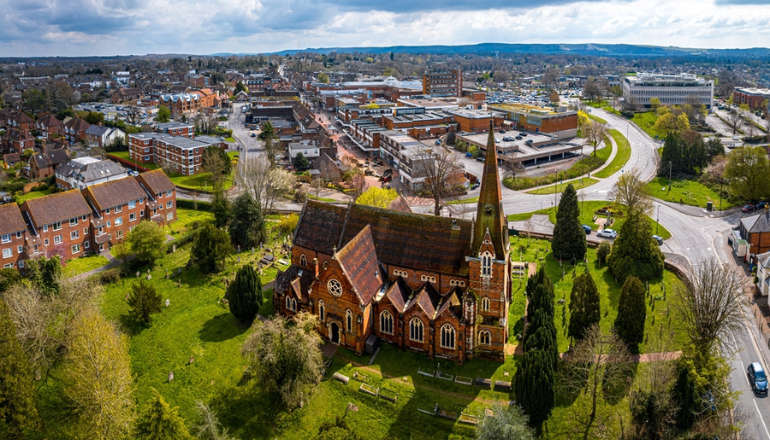 Funding Boost For Community-Led Waste Prevention Projects In West Sussex
Funding Boost For Community-Led Waste Prevention Projects In West Sussex
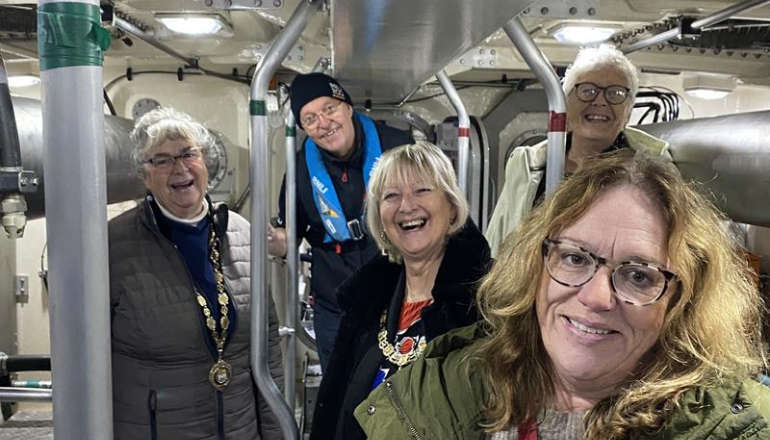 Newhaven RNLI Welcomes Quartet Of Mayors To Share Gratitude
Newhaven RNLI Welcomes Quartet Of Mayors To Share Gratitude
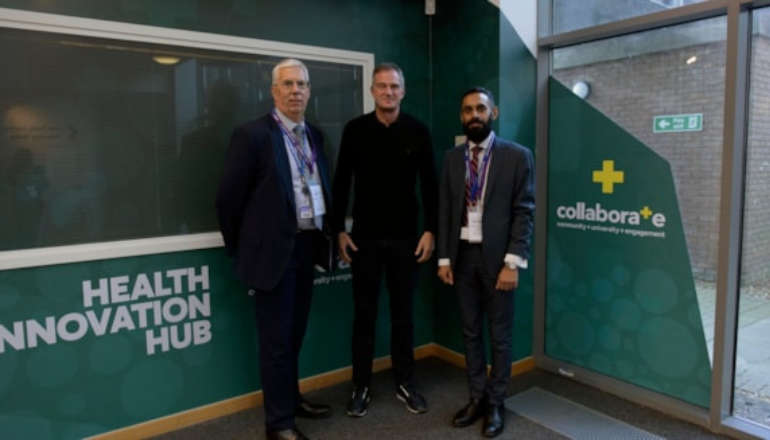 University Of Brighton Launches Health Innovation Hub To Tackle Health Challenges
University Of Brighton Launches Health Innovation Hub To Tackle Health Challenges
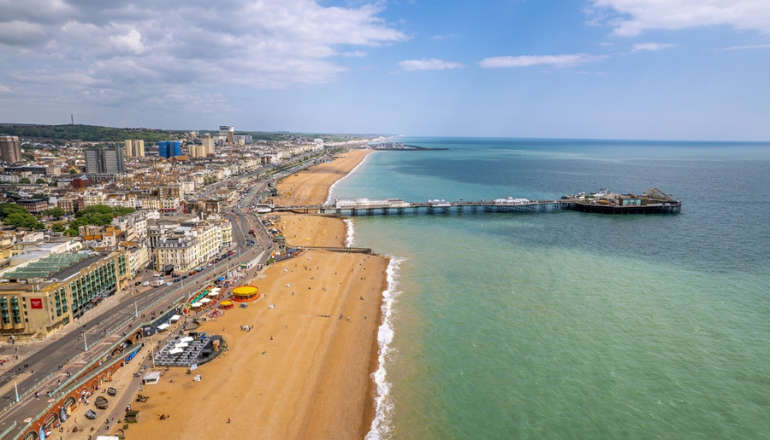 New Residential Care Home For Disabled Children In Brighton
New Residential Care Home For Disabled Children In Brighton